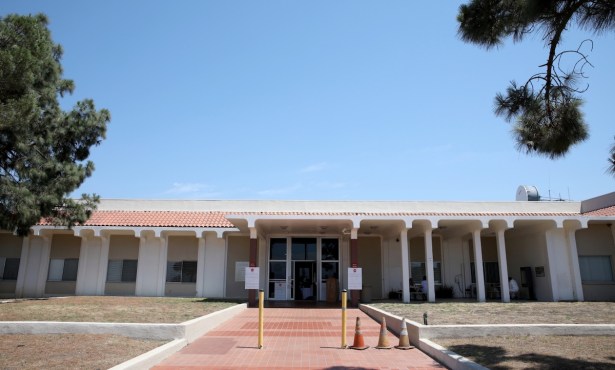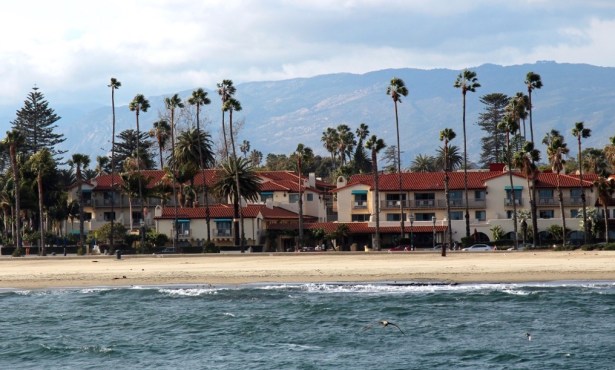Last of the Apehangers
Final Sentence Handed Down in Weapons, Drug Ring Takedown
With the sentencing of Alejandro Raya on Tuesday, Operation Apehanger has officially come to a close.
All the cases stemming from the September 2009 raids of seven locations, the result of an eight-month investigation by local and federal authorities, have been resolved. At the time of the arrests, authorities said they seized eight AK-47 fully automatic assault rifles, one AR-15 assault rifle, a 12-gauge shotgun, two Glock .40-caliber handguns, and a .45-caliber automatic gun; many of the weapons had been manufactured by some of the suspects. Also recovered were spare parts that could convert assault rifles to fully automatic, boxes of ammunition, more than 80 marijuana plants with a street value of more than $100,000, as well as cocaine, methamphetamine, and psychedelic mushrooms.
Raya pleaded to three counts of possession of assault weapons and possession of narcotics, and was sentenced to eight years in state prison. Despite impassioned pleas from family members, who insisted Raya was — for the first time in his life — ready to make a change and become clean and sober, Raya’s sentence was one of the most severe penalties received by the defendants, all of whom pleaded to charges prior to going to trial. According to Judge Brian Hill, Raya was caught on tape selling an AK-47 to undercover officers. Raya said he sold the guns to support his extensive drug habit.
All the other defendants in the case had previously pleaded to various crimes at different points since being arrested.
Thomas E. Dominguez, who was alleged to be the manufacturer of the weapons, pleaded to multiple counts of unlawful possession of assault weapons. He received 17 years and four months in state prison.
Thomas A. Dominguez, the father of Thomas E. Dominguez, was put on felony probation after pleading to a marijuana possession charge and illegal possession of a firearm.
Robert Maynez pleaded to possession of assault weapons and possession of drugs. He was sentenced to four years in state prison.
Virginia Highfield pleaded guilty to a marijuana charge and was placed in a drug treatment program, while Micah McCabe was sentenced to three years probation for misdemeanor possession of an illegal weapon.
Jose Farias pleaded guilty in November to conspiracy to transport marijuana. He was placed on probation and sent to a drug treatment program. Jacob Farias, son of Jose, pleaded guilty on March 4 to possession of concentrated cannabis. The judge reduced the crime to a misdemeanor, fined him, took away his license for a year, and placed him on three years probation. He was originally facing charges of possession of marijuana for sale, cultivating marijuana, as well as the charge he pleaded to.
Michael Finerty was charged with possession of a controlled substance. He agreed to go to a drug diversion program, and if he completes the program, his case will be dismissed.
Keith Brown pleaded guilty on February 18 to possession of marijuana for sale. His other charges were dismissed. In another case, which ended the same day, he received felony probation for transporting to sell cocaine. He had already served 102 days in jail on that charge. He was sentenced to three years’ probation and was required to enter a substance abuse treatment program, as well as a parenting program. Charges were dismissed against Chrysta Ramirez, the girlfriend of Keith Brown, after it was determined she was just living with him, not involved in illegal activity.
“Justice was served,” said Senior Deputy District Attorney Lee Carter, who prosecuted the case. “We took some bad guys off the street and protected the community.” He commended the Santa Barbara Police Department and Bureau of Alcohol, Tobacco, Firearms and Explosives for getting dangerous weapons off the streets of Santa Barbara.



